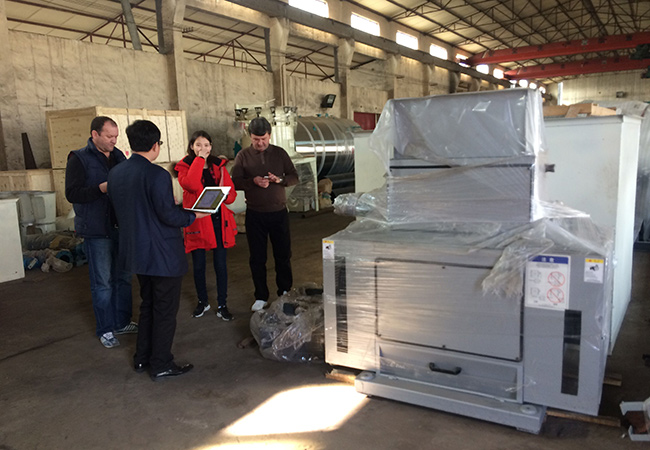Nov . 21, 2024 23:33 Back to list
famous rapeseed oil refining unit
The Importance of Rapeseed Oil Refining Units
Rapeseed oil, derived from the seeds of the rapeseed plant (Brassica napus), is renowned for its health benefits and versatility in culinary applications. It ranks among the most popular edible oils globally. The refining process of rapeseed oil is critical to producing a high-quality product free from impurities, thereby ensuring safety and enhancing its nutritional value. This article explores the significance of rapeseed oil refining units and their role in the oil production industry.
Understanding the Refining Process
The refining of rapeseed oil involves several key stages, including degumming, neutralization, bleaching, and deodorization
. Each stage serves a specific purpose1. Degumming This initial step removes phospholipids and other water-soluble impurities. By treating crude rapeseed oil with water or acid, manufacturers can separate these unwanted substances, which can adversely affect flavor and shelf life.
2. Neutralization Next, the oil undergoes neutralization to eliminate free fatty acids that can contribute to unpleasant tastes and odors. This is typically achieved through the use of alkalis, such as sodium hydroxide, which react with the fatty acids, allowing them to be removed.
3. Bleaching In the bleaching stage, color compounds and remaining impurities are removed to enhance the oil's appearance. This is usually conducted using adsorbents like activated carbon or clay, which attract and bind the pigments and other undesired components.
4. Deodorization The final step in refining involves deodorization, a process that utilizes steam distillation to remove volatile compounds causing undesirable odors. This results in a light, neutral-flavored oil that is appealing for cooking and food production.
The Role of Refining Units
famous rapeseed oil refining unit

Refining units are specialized facilities equipped with advanced technologies to carry out these processes efficiently. The importance of these units cannot be overstated. First, they ensure that the end product adheres to safety and quality standards set by health authorities. The presence of impurities and contaminants in crude oils can lead to health risks, thereby necessitating thorough refining.
Moreover, refining units contribute to the economic aspects of rapeseed oil production. By processing raw oil to its refined form, these units add significant value to the product. Refined rapeseed oil commands a higher price in the market compared to its crude counterpart, providing a greater return on investment for producers.
Technological Innovations
In recent years, advancements in technology have greatly enhanced the efficiency and sustainability of refining units. For instance, modern refining processes have shifted towards continuous operation systems, which improve the speed and reduce waste in oil processing. Technologies such as membrane filtration and enzymatic degumming are also gaining traction, offering more environmentally friendly alternatives to traditional methods.
Additionally, refining units are increasingly adopting energy-efficient practices and renewable energy sources to minimize their carbon footprint. These improvements not only benefit the environment but also align with the growing consumer demand for sustainably produced products.
The Global Impact
The impact of rapeseed oil refining units extends beyond local markets. As global demand for vegetable oils continues to rise, particularly in emerging markets, the significance of efficient refining processes becomes even more pronounced. Countries like Canada and China, which are major producers of rapeseed oil, rely on sophisticated refining units to meet both domestic and international demands.
In conclusion, rapeseed oil refining units play a pivotal role in the oil industry, ensuring the production of high-quality, safe products that cater to consumer needs. These units are vital for promoting economic growth, adhering to safety standards, and advancing technological innovation in oil processing. As the global market for vegetable oils expands, the importance of refining units in enhancing the value of rapeseed oil will only increase, solidifying their position as crucial players in the agricultural and food industries.
-
Commercial High-Efficiency Oil Expeller Press
NewsAug.05,2025
-
LZY-206 Twin-Screw Cold Press: Efficient Oil Extraction
NewsAug.04,2025
-
Professional Safflower Oil Press Service | AI-Efficient
NewsAug.03,2025
-
HP290 First Press Oil Expeller Machinery: Efficient Oil Extraction
NewsAug.02,2025
-
Top Food Oil Refined Unit Companies w/ GPT-4 Turbo Tech
NewsAug.01,2025
-
Premium Black Seed Oil Expeller - High Efficiency Cold Press Oil Machine
NewsJul.31,2025
